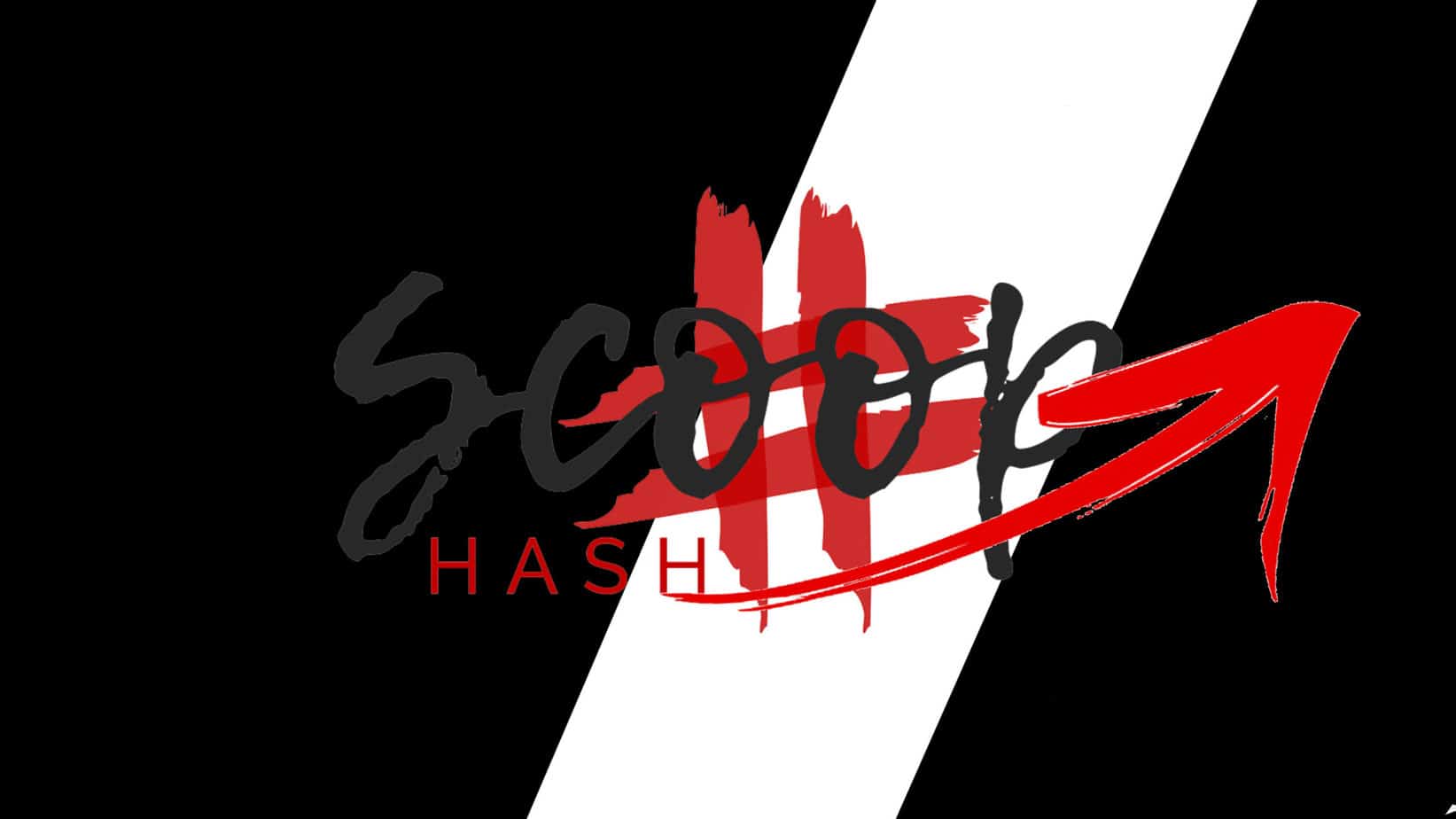By now it’s no secret that franchises and multi-layered universe have completely overtaken the film industry. Communities once looked at as too nerdy and antisocial are now the norm. Comic books have become a staple of the Movie Industry, and will remain so for a while.
What does this mean for us, does this mean the true death of the indie film scene? Does this mean a stifled level of creativity and uniqueness in a crowded market? Or is it more to go around and a welcome shift in dynamics that have opened our minds to new ideas and inspired a whole new group of people to read more comics and shoot for the moon.
[the_ad id=”14040″]
“Superhero Movies Take No Effort. The Industry Needs to Find a New Fascination and Golden Child.”
You’ve undoubtedly heard this a hundred times in the last few years. Many of you may find yourself siding with said condemnation. However, what if I were to tell you, that it’s a pointless argument to make?
Let’s start from the beginning: In 1932 DC published it’s very first comic, beginning an avalanche trend of super powered heroes and villains fighting over the fate of millions. Marvel would then follow up with this publication with its own take on things in 1939. Fast forward nearly a century and through various ups and downs, including DC nearly shutting down in the 50’s, the comics industry is huge.
Physical and digital sales of comics have certainly tapered off and maintain a nice little niche of the industry but more so than anything else we’ve seen these comics receive adaptations of their material. Mostly via big budget Hollywood films with prestigious actors, directors and crews attached to them. But how did we get here? What changed over the course of these eighty years?
How did we go from basement dwelling nerds with a strange fascination for Adonis level men and Cleopatra level women duking it out and leveling cities?
History is Paramount
While the comics industry had been established for months and years now, the first TV publication came out in 1952 from the now prodigious company of DC Comics via the TV company Syndication. As many of us are now aware it paved the way for superhero shows to start being publicly broadcast and adapting these stories for all ages.
In 1966 and in 1974 DC, along with ABC and CBS, would go on to publish two of the most endearing and beloved superhero TV series of all time; Shazam! And Batman. Marvel would later jump on this trend with it’s own attempts with The Amazing Spider-Man, which enjoys a pretty healthy love status today, but Marvel was late to the show.
Nearly thirty years too late, and while it was favorably rated, TASM was slow going. It is important to note however, that Marvel was absolutely dominating the comics industry at the time, and TASM not doing well was not even a blip on the radar. Soon however, DC would leapfrog over Marvel in the cinematic representation arena, and for the first time in two decades, DC would be a power house.
[the_ad id=”14040″]
It first happened in 1992, Batman: The Animated Series brought a signature level of maturity, darkness and style to a dominantly kid friendly platform. It was a smash hit and would go on to become revered by both fan groups as one of the finest bridges between childlike fun and adult level story telling in history. Then, DC did it again. Justice League the animated series would premier in 2001, then Batman Beyond in 1999, then Teen Titans in 2003, then Justice League Unlimited in 2004, then The Batman in 2006.
Smash hit after smash hit in the TV department for DC, able to strike emotional chords with adults in episodes like The Man who Has Everything, but then immediately cater to children with the majority of Teen Titans. It was an unprecedented level of success in the animated department. And Marvel played second fiddle the whole time. However, while this was happening, something completely unforeseen would occur, seemingly out of nowhere.
The Movies Come Out, and Hollywood would Never be the Same
1989, a well-established producer of the macabre and adult oriented visualization, Tim Burton announces his Batman film, and it’s released to near universal acclaim. Dark, brooding, intelligent and while admittedly campy in the action, it was something that comics fans never expected. An honest to god, truly fantastic live action rendition of a superhero.
Certainly, the Superman movies held a place in people’s hearts, but this was next level. This was true comics storytelling on screen, and digestible for all groups. Marvel would later attempt this with the Sam Raimi Spider Man movies, tapping a dominantly horror heavy director and tasking him with a comics movie. And while the Spider Man movies aren’t certainly bad, they pale in comparison to DC’s rebuttal in 2005.
Christopher Nolan releases the most grounded and realistic portrayal of a superhero ever in Batman Begins. Nolan completely ignores the desire to cater to everyone, he makes it a good movie first, and a superhero movie second. Awards are mentioned, and it seems DC has become the new King of the Hill in the struggle against Marvel.
Marvel slapped back with it’s X-Men series that had taken the similar approach as the Tim Burton films, cheesy but grounded. But they couldn’t hope to compete with the next entry, The Dark Knight. And now, DC had won an Oscar for Heath Ledger’s portrayal of the Joker. Marvel announces the desire to create an interconnected universe, an ongoing saga that will consistently use the same actors and story. Ears are perked up, but DC, from atop the hill, sits silent.
The Unthinkable Occurs
It happens, 2008- 09 sees the rise of something incredible. Iron Man is released, effortlessly blending laugh out loud sarcasm with dazzling SFX, a heartfelt story and an unseen level of maturity and darkness for a Marvel led project. Fans everywhere are shocked and delighted.
Something new and fantastic has begun with Iron Man. And just as soon as the hype had hit an apex, it floundered and faltered. The Incredible Hulk is a financial failure, and Iron Man 2 in 2010 fails to capture the same magic as it’s predecessor. Suddenly, the heads are tilted in a way that belays confusion instead of awe and admiration.
[the_ad id=”14040″]
However, DC leans back in their throne, comfortable and content as Nolan caps off his trilogy in fantastic style with The Dark Knight Rises. Fans and critics everywhere rave and foam at the mouth at the trilogy going off in fantastic fashion. Man of Steel is announced by DC, and people are eagerly awaiting the first screenings, but Marvel has an ace up it’s sleeve.
The First Avenger makes people pay attention again, Thor doesn’t capture any hearts, but it holds the attention, then The Avengers hits. It’s an absolute madhouse. The combined fascination with TDKR and The Avengers means that now the hill must be shared for now. Man of Steel releases, the fight is in full swing as DC doubles down on the gritty and humorless effects of Snyder. But DC’s jab is nothing for Marvel’s one-two-uppercut via The Wolverine, Iron Man 3 and Thor: The Dark World. DC is losing it’s footing, 2014 looms ahead, and Dawn of Justice is still a full year from even a trailer to tease fans. Marvel cocks back it’s arm, the finishing blow is Captain America: The Winter Soldier.
Now What Happens?
The blow is devastating, Winter Soldier solidifies that Marvel has tapped an unforeseen talent in the Russo brothers. Dark, gritty, minimal humor, stylized action, mature storytelling, violent. Winter Soldier has won over many fans who said Marvel can not compete with the Nolan movies. . DC, after many long decades of lavish living has been knocked off the hill.
DC attempts to climb it’s way back up, a trailer for Dawn of Justice is released, then a trailer for Suicide Squad. The release casting info for The Flash, Wonder Woman, Cyborg, Aquaman and a tease at Darkseid. 2016 arrives, hordes of DC fans hungry for more film wait in long lines along with Marvel fans, eager for a true quality rivalry.
Dawn of Justice has merit but disappoints hugely. Suicide Squad is a jumbled mess that looks, feels and watches like a poorly edited trailer. And while both enjoyed financial success, the fans and critics agreed. It feels like DC’s glory days are long gone. Even a trailer for the upcoming Justice League and Wonder Woman fail to spark much hope.
Marvel does it again, Logan would capture the most attention. A bleak, unforgiving and gut punch of a movie. Logan firmly cemented that with enough creativity talent under their belt, and by giving the directors the freedom to make what they want, Marvel was still king in 2017. DC would feebly attempt something with Justice League, but even their own fans slapped it down. Wonder Woman pleasantly surprised people and went on to make large gains. It seemed DC had a glimmer of hope left in them.
Modern Day Franchise Fatigue
This brings us to today, and a long winded call back to the title of this section, more so on Marvel than DC’s part, these movies took an enormous amount of effort. Ten years of planning, setbacks and then huge success. Each movie carving out a signature style, look, feel and delivery.
While there are similarities to be seen let’s look at a few examples: Guardians of the Galaxy was mostly CGI and followed a ragtag group of outlaws attempting to stop a purple alien from destroying a planet. Juxtaposed to Winter Soldier, which was a politically charged hard-hitting espionage movie aimed squarely at adults. One was bright and colorful with witty one-liners and a fantastic Sci-Fi aesthetic. The other, a brooding, mostly grey aesthetic with heavy dialogue and moral ambiguity.
Even at surface value, every movie in the MCU is distinct and different. In the DCEU, Aquaman takes place underwater for 80% of it’s run time, much like Guardians it relied on mostly CGI and a solid separation from reality. And on the other end of the spectrum, Wonder Woman was colorful, highly saturated and visually amazing but told a story of humanity at it’s very worst.
People who say that superhero movies take no effort and that they exist almost as a template for minimal effort and maximum rewards really do not seem to understand the even surface level difference between these movies. Without even getting into subtext, cinematography or dialogue, superhero movies can and usually are completely unique forms of art. It’s interesting to me that people will say things like superhero movies take no creativity but then they’ll praise movies like The Dark Knight. Certainly, TDK holds a more valued place in people’s hearts but we’re missing the bigger picture here.
And now with Avengers Endgame here let me tell you; I refuse to spoil it but if it is not the most perfect cap to these long ten years and these numerous characters, story arcs and movies than I don’t know what is. Endgame has nailed everything, and the superhero scene will never be the same.
I’m currently studying cinematography, and while there have been moments in both universes that I visually cringe at (looking at you Thor and your unhealthy obsession with Dutch Angles) I will never degrade them by saying there’s a lack of creativity and effort in them. It’s not only going to make you look bad by being on the outside hating in, but it’s a fallacy to believe it.



